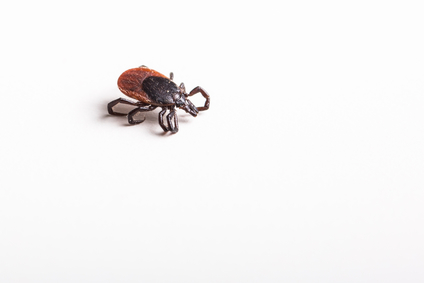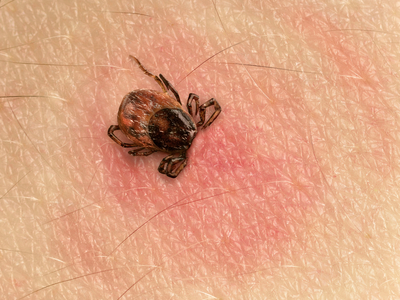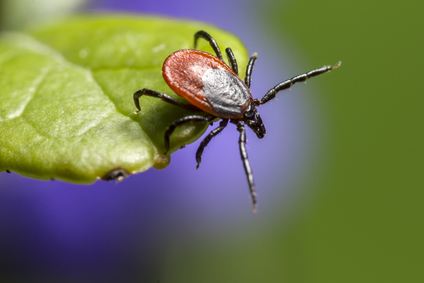Babesiosis: Another Tick-Borne Illness To Be Aware Of
What is babesiosis? The name may make it sound like it’s a babyish thing (babe) with the idea that there’s nothing to worry about. The truth is quite the opposite! Babesiosis is not a fancy way to call your baby. It’s a serious illness here in the US and in other parts of the world. It is spread to humans through a tick bite and so you can be sure that wherever ticks are, there’s a risk of contracting this disease. Let’s dive in for more details about this illness.
The Basics

You probably know about Lyme, the tick-borne illness that can easily be mistaken for Covid since it has similar symptoms. So, have you ever heard of Babesiosis?
Babesiosis is a tick-borne, malaria-like illness caused by species of the intraerythrocytic protozoan Babesia. Humans are incidental hosts for Babesia when bitten by nymph or adult ticks. Babesia infection is most commonly seen in the north midwestern and northeastern United States. It can also be found throughout the world in certain parts of Europe, Asia, Africa, and South America. [1]
Human babesiosis is a zoonotic infection in which ticks transmit Babesia organisms from a vertebrate reservoir to humans [1, 2] ; humans are typically dead-end hosts. In the United States, most infections are caused by Babesia microti, a species commonly found in mice. Read more at Medscape
As Lyme mimics Covid, Babaesiosis mimics malaria. So, if your tests come negative for malaria, think of Babesiosis.
The Common Symptoms

There are specific symptoms to look out for and the best remedy is to begin treatment as early as possible. You should be especially wary if you had a day out in the woods as there are more chances you had a tick encounter.
The signs and symptoms include fever, chills, sweating, myalgias (muscle aches), fatigue, hepatosplenomegaly (enlargement of the liver and spleen) and hemolytic anemia (anemia due to break-up of red cells). Symptoms typically occur after an incubation period of 1 to 4 weeks and can last several weeks. The disease is more severe in patients who are immunosuppressed, splenectomized (lack their spleen), or elderly. It can cause death. Treatment involves antibiotics, usually clindamycin and quinine or atovaquone and azithromycin. Read more at Medicinenet
Avoid underestimating any symptoms that you would often just observe because the destruction of red blood cells can be extreme.
Related Condition

Closely related to Babesiosis is hemolytic anemia. This results from the attack on your red blood cells mentioned above. Here are the symptoms to look out for.
You also can get a condition called hemolytic anemia in which your red blood cells die faster than your body can make new ones. Symptoms of this can include:
Confusion
Dark-colored urine
Dizziness
Heart murmur
Rapid heart rate
Swelling of your spleen and liver
Very pale skin
Weakness
Yellow skin, eyes, and mouth (jaundice) Read more at WebMD
Get in touch with your family doctor as soon as you notice any symptoms similar to these ones. And with early intervention, you’ll be on your path to healing sooner than you thought.
But as far as health matters go, prevention is always better than cure. And in this case, prevention means ensuring your yard is tick-free. Additionally, for the times when you need to have a day out, consider going out with long sleeves and tucking in your trousers in your socks. But for that extra peace of mind, choose the Backyard Bug Patrol team. We have what it takes to tick-proof your yard. We are passionate about ensuring your family is safe because we know what it means to suffer from tick-borne illnesses. So, we don’t take any chances. Call us today for our barrier-spray program and you’ll know why we are the go-to tick control experts!
